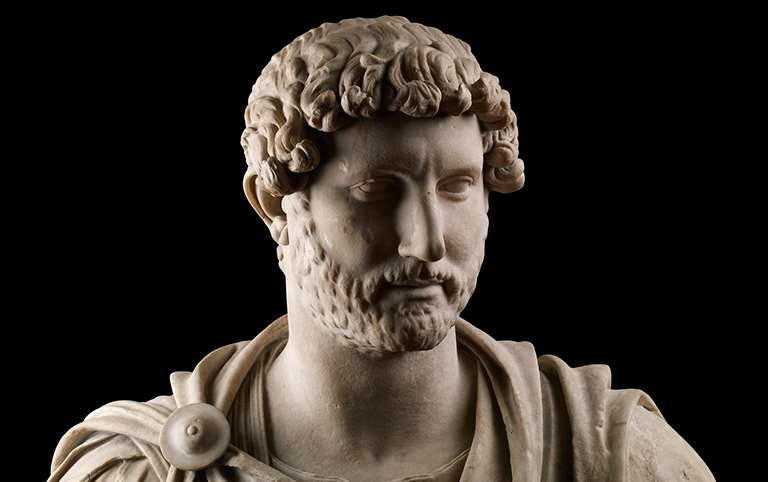A poetic break in the Roman empire
Dear friends,
Ciao de Roma! Yup, I am still very much immersed in my Roman holiday, or to be precise, our son’s International History Olympiad fun non-holiday in the heartland of Gaio Giulio Cesare. What caught my mind’s eye the past few days was an oddity in the history of the Roman empire.
Before I get to it, I admit, I don’t know Roman history as much as my 13-year-old, but I caught enough of a whiff of it the past couple of months to understand its brutality dictated by the vagaries of its generals and emperors (yup, there’s a difference, as in Julius Caesar was not an emperor, but a general for you other novices like me). These leaders of the empire indulged in everything from orgies, polygamy, incest, and extra-marital affairs to routinely planned assassinations, religious persecutions, and many more atrocities, all meticulously inspired by colossal egos.
For example, emperor Diocletian’s Great Persecution of Christians in the Roman Empire, one of the most severe, saw the burning and execution of people via a series of edicts rescinding legal rights of Christians and demanding that they comply with traditional religious practices. On a far less severe scale, and dictated by sheer vanity, when emperor Vespasian was dying of diarrhea, he insisted he die standing as that was a death befitting of an emperor, taking his assistant’s help. God bless the latter; I hope he had a lavish Roman bath right away. Of course, all of this happened concurrent with the heights of Roman engineering and infrastructure marvels, one of which I talked about in my blog earlier this week.
Against this backdrop, this casual poetic banter between 2nd century Roman poet, Florus and emperor Hadrian caught my eye and struck me as a pleasant oddity. Florus was the first of a number of African writers who exercised considerable influence on Latin literature of his time, and his special characteristic was the use of lighter and more graceful meters.
Florus says:
“I don’t want to be Caesar, please,
to tramp round the Britons, weak at the knees,
[one line lost]
in the Scythian frosts to freeze.”
And Hadrian, who was actually one of the “Five good emperors” of Rome, had a good enough sense of humor that he could reply to Florus:
“I don’t want to be Florus, please,
to tramp round pubs, into bars to squeeze,
to lurk about eating pies and peas,
to get myself infested with fleas.”
Emperor Hadrian of course, reigned between 117-138 AD and was most notable for building the Hadrian’s Wall in northern Britain to keep the barbarian tribes of the Scots from coming into England and threatening Roman rule. In addition, Hadrian was known to be a huge Grecophone and loved a Bithynian Greek youth named Antonius. The story goes that Roman poet and rhetorician, Florus, who wrote smaller poems to Hadrian out of admiration for the emperor, composed these verses once in the spirit of casual banter.

The exchange between the two was not only human like during brutal times by these powerful rulers who sought to run the world their way, but it also revealed a softer and mellow side of the human personality, suggesting that we humans forever and today are shades of gray and imperfectly perfect. Or, was this era perfectly imperfect? The decision is up for grabs, and either ways, it’s a charming literary moment during a tumultuous era, and it renewed my hope in humanity. You can learn more about Florus here.
Meaningfully yours,
Anu Prabhala




